 | |||||||||||||
|
Editor's note: Chinese usually perceive foreign brands as the benchmarks for quality. However, the quality of foreign catering brands and foods have been called into question: food safety was of concern, marketing claims were explored, and consumers assessed the extent to which advertisements reflected the true quality of a product. | |||||||||||||
|
Zhu Zongyi, president for the China business department of Yum! Brands Inc. [Photo/Xinhua]?
A?Sina micro-blogger on July 28 accused a Guangzhou KFC restaurant of using soymilk powder or concentrate as the basis of soymilk drinks in China rather than using fresh beans. KFC later stated on its website that the soymilk drinks are made from soymilk powder. But its television In April, a reporter found samples of a "family barrel" paper container and a Coca-Cola cup from KFC fail to meet standards in a primary tests. [Details]
|
Kenneth Chan, CEO of McDonald's (China) Limited. [Photo/CFP]
On Aug 1, a photo on a social networking website showed that burger buns, some in ripped wrappings, piled in the sun outside a McDonald's restaurant in Beijing. McDonald's later announced that it had punished the restaurant and that the buns would not be used.
| ||||||||||||
|
Pan Wei, president of Ajisen (China) Holdings Ltd. [Photo/CFP]
The company said that the concentrate is made from the broth of pork bones, then shipped to restaurants and combined with water and spices. And its test sample used to obtain a comment that 'four times the calcium content of milk and 10 times that of meat" was found made from the concentrate, rather than the diluted soup. [Details] |
Doug Jackson, president of Coca-Cola (China) Beverages Ltd. [Photo/CFP]
In July, Coca-Cola products that tested positive for a banned preservative in Taiwan have been recalled, and the Coca-Cola Co said its products on the Chinese mainland are completely safe to drink. A batch of the syrup used to make free-flowing Coca-Cola Zero has
| ||||||||||||
|
Dairy Queen (DQ) admitted the raw mix they use to make ice cream is produced and provided by Beijing-based Baxi, a Chinese dairy company established in 1994. DQ's so-called fresh jam and imported jam may also come from a domestic provider in Tianjin. [Details]
Nestle, the world's largest food company, provides consumers with a wide range of food and beverage categories. In April, an authoritative toxic test on baby food conducted by researchers in Sweden found some foods used to wean infants off milk contained "alarming" levels of toxic contaminants, including arsenic, lead and cadmium. Nestle China said its products are "absolutely safe for consumption", and Nestle baby foods produced and sold in China are in full compliance with China's regulations and standards. [Details]
Chinese Vice-Premier Li Keqiang has demanded the comprehensive enforcement of the country's food safety laws, urging checks to be tightened against unsafe food products. China should enhance efforts to ensure food safety, which is crucial for protecting human lives and improving people's living standards, said Li when addressing a meeting on food safety on Feb 18. [Details]
|
What we need is precaution and prevention, for which strict routine supervision is required. That makes supervisors' role very important. Perhaps attaching food safety issues to officials' political achievements would help improve the situation. [Details]
It is dishonest to use ambiguous words to confuse consumers. I assume that they dare not deceive customers in the US and Japan. The Chinese worship of foreign goods gives the fast-food chains a chance to deceive the Chinese. -- @Liyongtao 2000 [Details]
| ||||||||||||
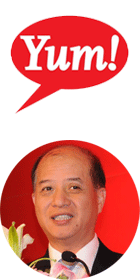
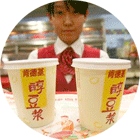
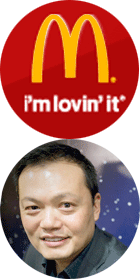
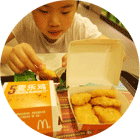
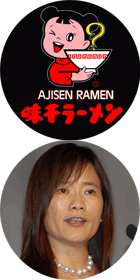

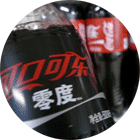
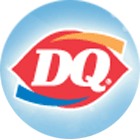
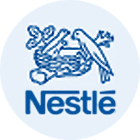


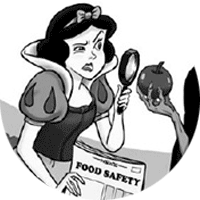 It should be said that there are enough laws, rules and regulations on food safety, and the key is the implementation.
It should be said that there are enough laws, rules and regulations on food safety, and the key is the implementation.